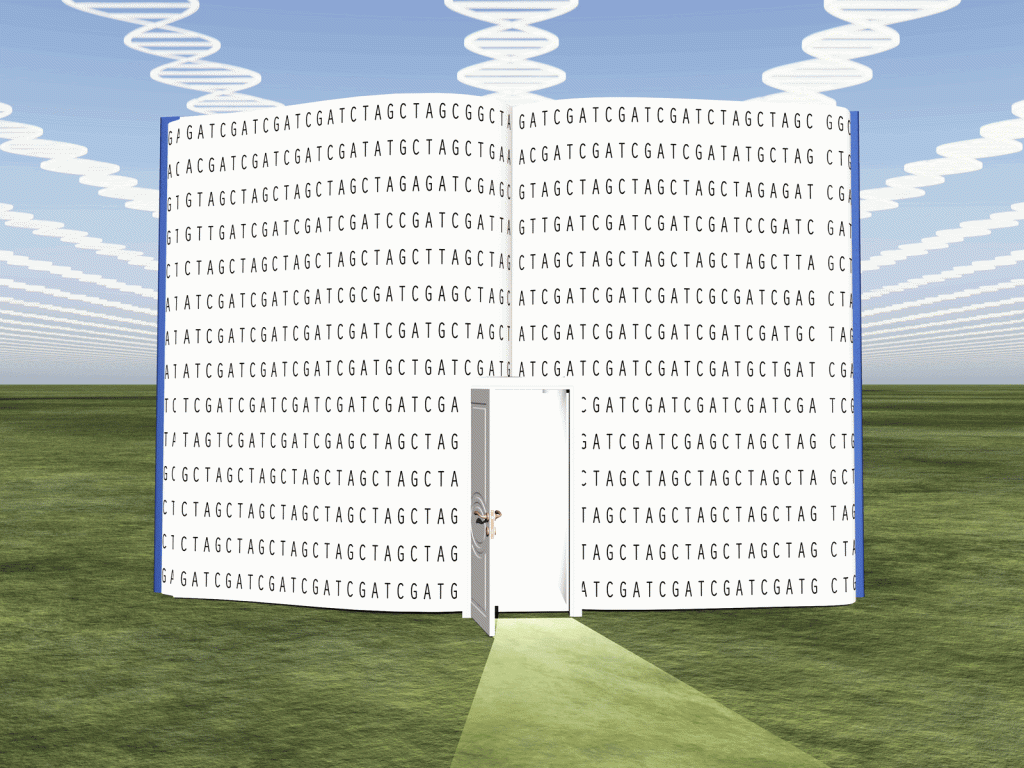What is genetic research?
In the last edition of ‘The Tablet’ newsletter we discussed genetic research and the way in which it will help discover the role genes have on health in older adults.
Read on to find out more about genetic research in general. For more about projects being undertaken in ASPREE-G (genomics) sub-study, including frequently asked questions, please click on the ASPREE-G sub-study tab (scroll down the page).
Genetic research is a broad term for the study of traits passed down generations through the inheritance of genetic material (such as DNA). Genetic research has an important role in medical research.
Genes are the fundamental unit or ‘blue-print’ of life which can determine many of our physical traits such as eye colour and blood type. Genes also contribute, in combination with the environment, to more complex human traits such as personality, behaviour and the risk of developing a disease.
Humans have approximately 20,000 genes, each gene composed of a chemical called DNA (deoxyribonucleic acid). DNA gives the instructions or the chemical code to express traits, such as telling the body which type of protein to make and when. These proteins form part of a complex chain of events that impact on how we look and function
Imagine you had two large books – each book of 20,000 pages represents a set of genes from your mother and one from your father. Every page in a book represents one single gene. The letters on each page represents the order of DNA on the genes.
Now, scientists have the technology to ‘read’ every letter of every word on every page in one fell swoop.

Our health often has at least a small genetic component.
Longevity that runs in families is an example of how genes may influence good health. Genetic research in older people aims to understand the role genetic make-up has on our health as we age, so that one day we may be able to better detect or prevent age-related diseases such as cancer, dementia and cardiovascular disease.
Thanks to rapid advances in technology, an individual’s entire genetic information can be studied through a process called genome sequencing.
Genome sequencing reveals more about human genetics than ever before; it also reveals large expanses of the human genome that we know very little, if anything, about. Genetic research is in many ways, pioneering. Thanks to the generosity of ASPREE participants, samples in the Healthy Ageing Biobank will enable researchers to work together to better understand the role of our genes in health and ageing.
Discoveries may take time to emerge, however their benefits and impact will be highly important for many years to come.
If you have any questions about ASPREE-G (genomics), please contact our team on 1800 728 745 (free call from a landline).
Updated 01.03.2021




